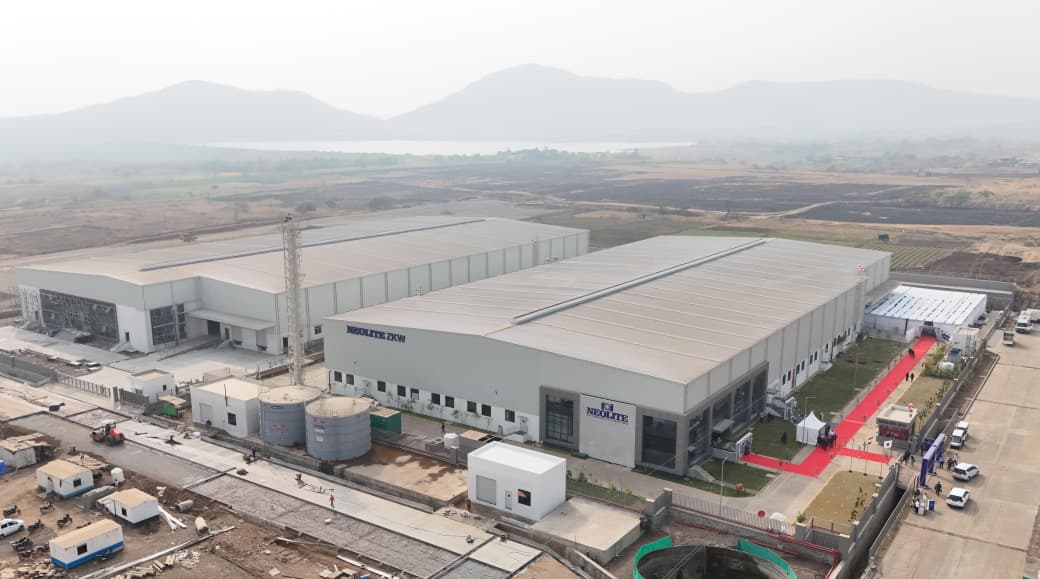In a communication to the Government of India, the Automotive Tyre Manufacturers’ Association (ATMA) has stated that automotive tyres rank at the forefront of those sectors where domestic manufacturing capabilities can render imports unnecessary.
The government recently asked the industry to name items where India has the capabilities to be self-reliant so that upcoming FTAs could be drafted while safeguarding the interests of domestic industry.
According to ATMA, India’s domestic tyre industry is among the largest in the world, with annual production exceeding 200 million units across various categories including two-wheelers, passenger vehicles, commercial vehicles, and off-road vehicles.
Notwithstanding adequate manufacturing capacities, over Rs 2000 crore worth of tyres were imported in the country in the first three quarters of FY24, an increase of 27% over the same period in the previous year.
“Over the last few years, the tyre sector has witnessed substantial investments, by leading manufacturers allocating over Rs 35000 crore towards capacity expansion, technology upgrades, and research and development. As the new capacities go on stream, it is important to meet the demand from domestic manufacturing rather than importing tyres”, said Arnab Banerjee, Chairman of ATMA.
The domestic tyre industry is a significant employer, providing livelihoods to over 500,000 people directly and indirectly employed in manufacturing, distribution, and related services. Prioritising domestic manufacturing of tyres is also essential as the livelihood of over 10 lakh rubber growers in the country depends upon the Tyre Industry which consumes over 70% of the domestic NR.
The landscape in Indian Tyre Industry is transforming with concepts such as Artificial Intelligence (AI) and Digitization leading to large-scale changes in the way the industry operates.
The Indian Tyre Industry is fast converging with the world on several counts. The spending on R&D by major tyre companies in India has gone up from 0.5-0.6% of revenue till a few years ago to about 1.5% currently.
The industry is today geared to meet all the requirements of domestic and international Auto OEMs by way of design, development and ensuring regular supply of tyres for all categories & types of vehicles manufactured in the country. The industry is ahead of the demand curve in the production of all types of tyres. As soon as a vehicle is conceived, tyre companies are ready with the fitments. As a result, Auto OEMs are not importing tyres and the domestic Tyre Industry is meeting the requirements, added Banerjee.
Currently, tyre manufacturers are gearing up to alter manufacturing mechanisms through an intense R&D exercise to meet expectations of reducing emissions, light-weighting, enhancing fuel efficiency and lower rolling resistance.
By fostering domestic production and leveraging technological advancements, India can strengthen its position as a global leader in the tyre industry while generating employment, promoting sustainability, and driving economic growth.















Leave a Reply